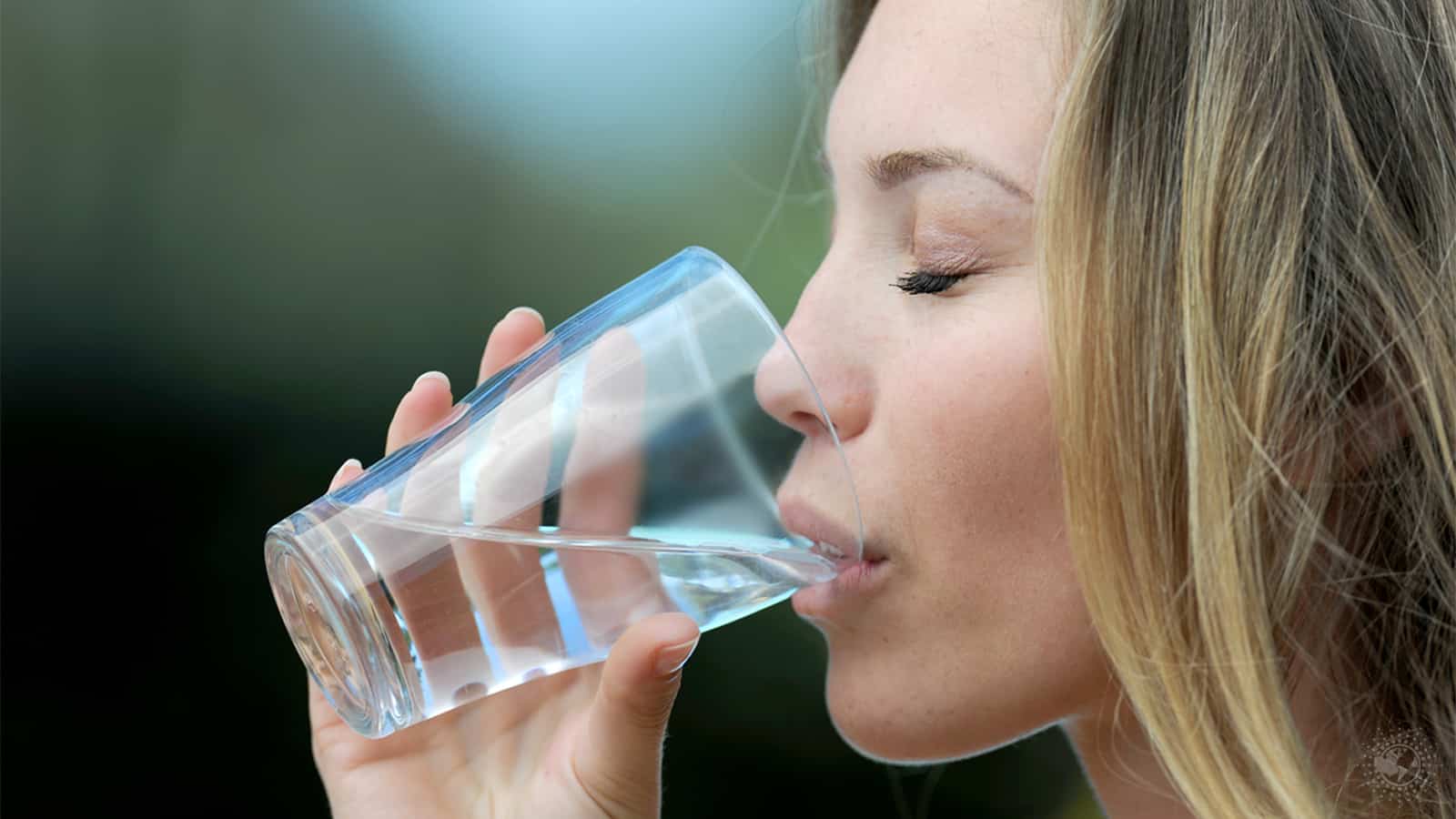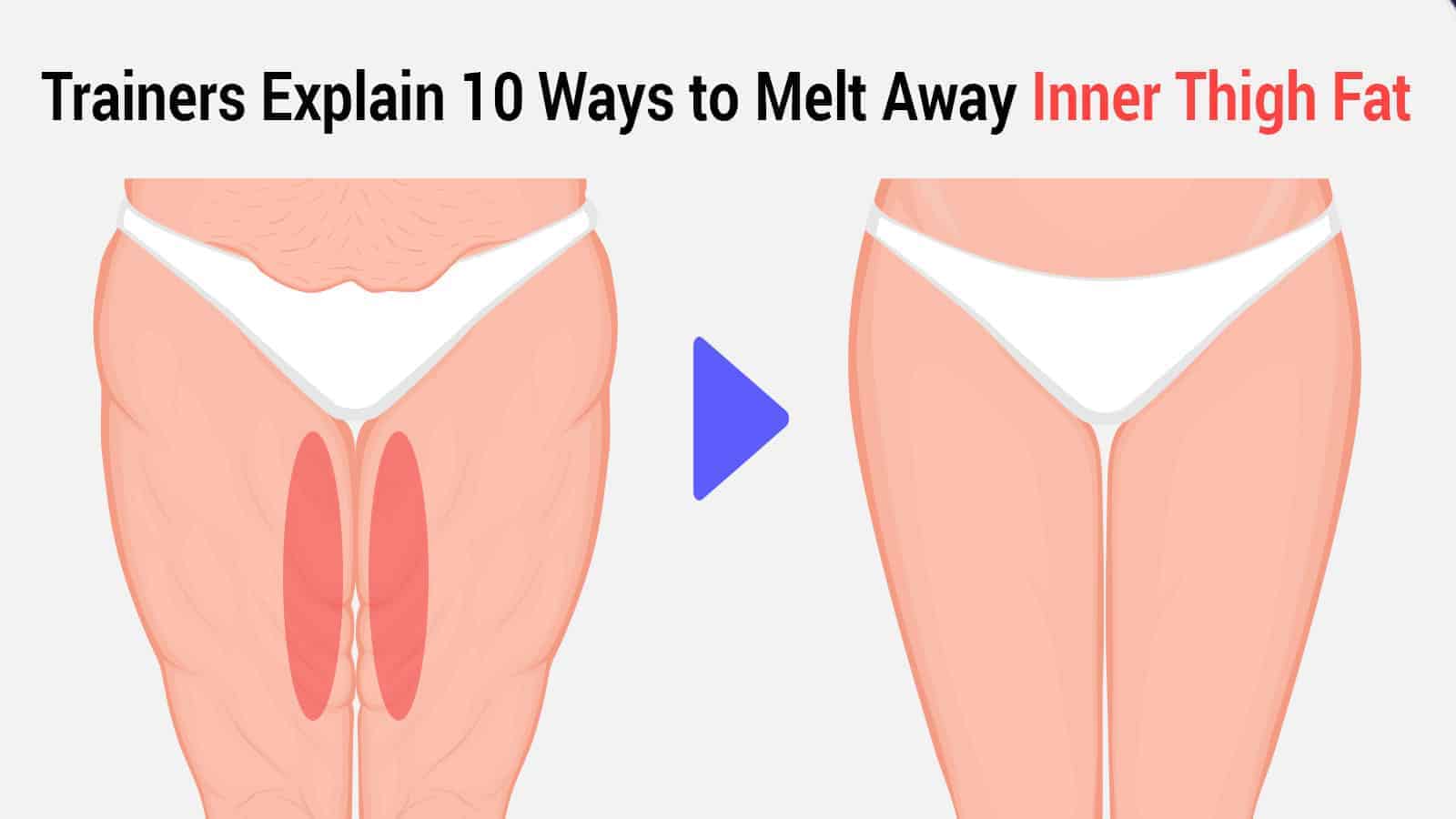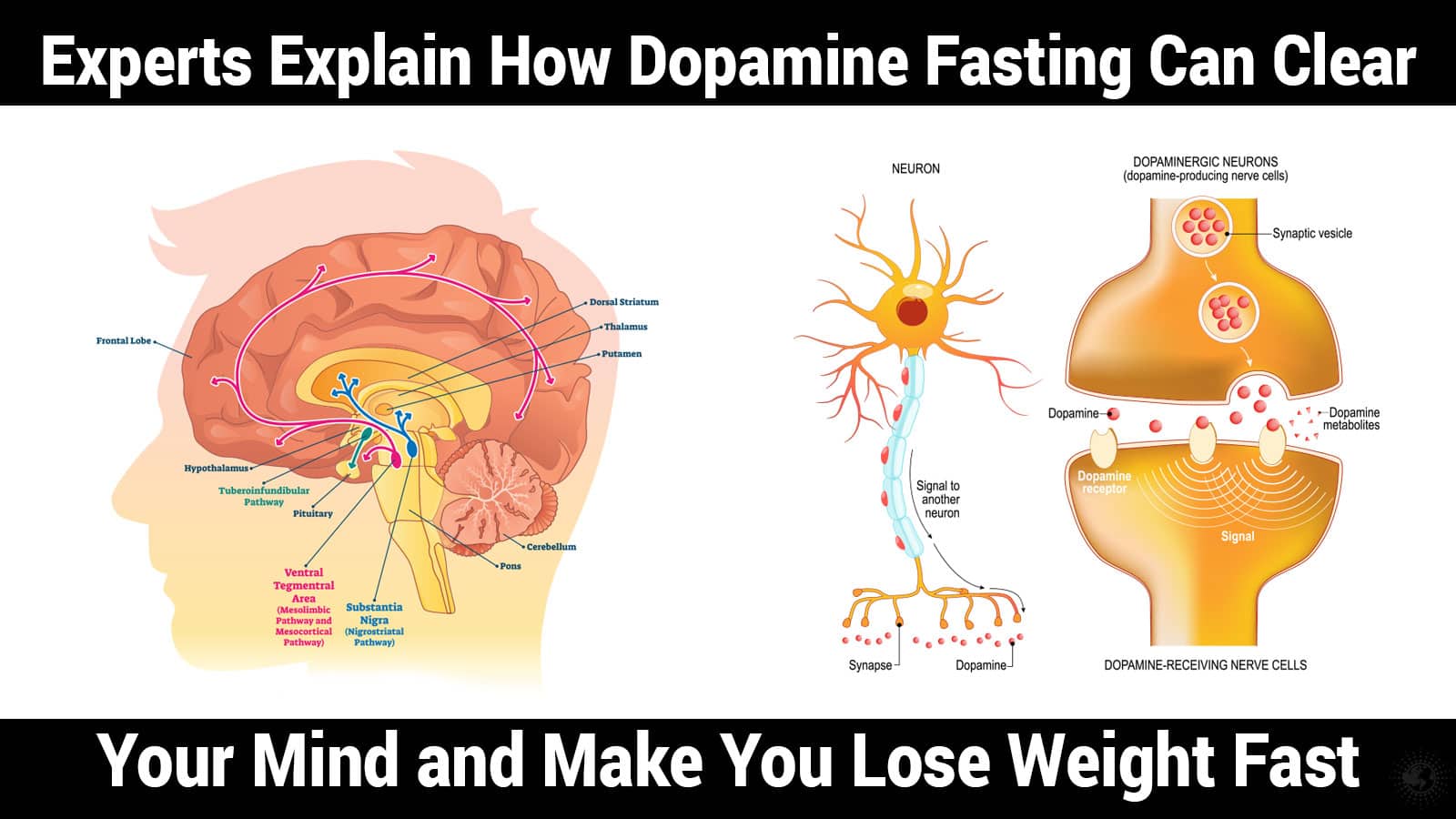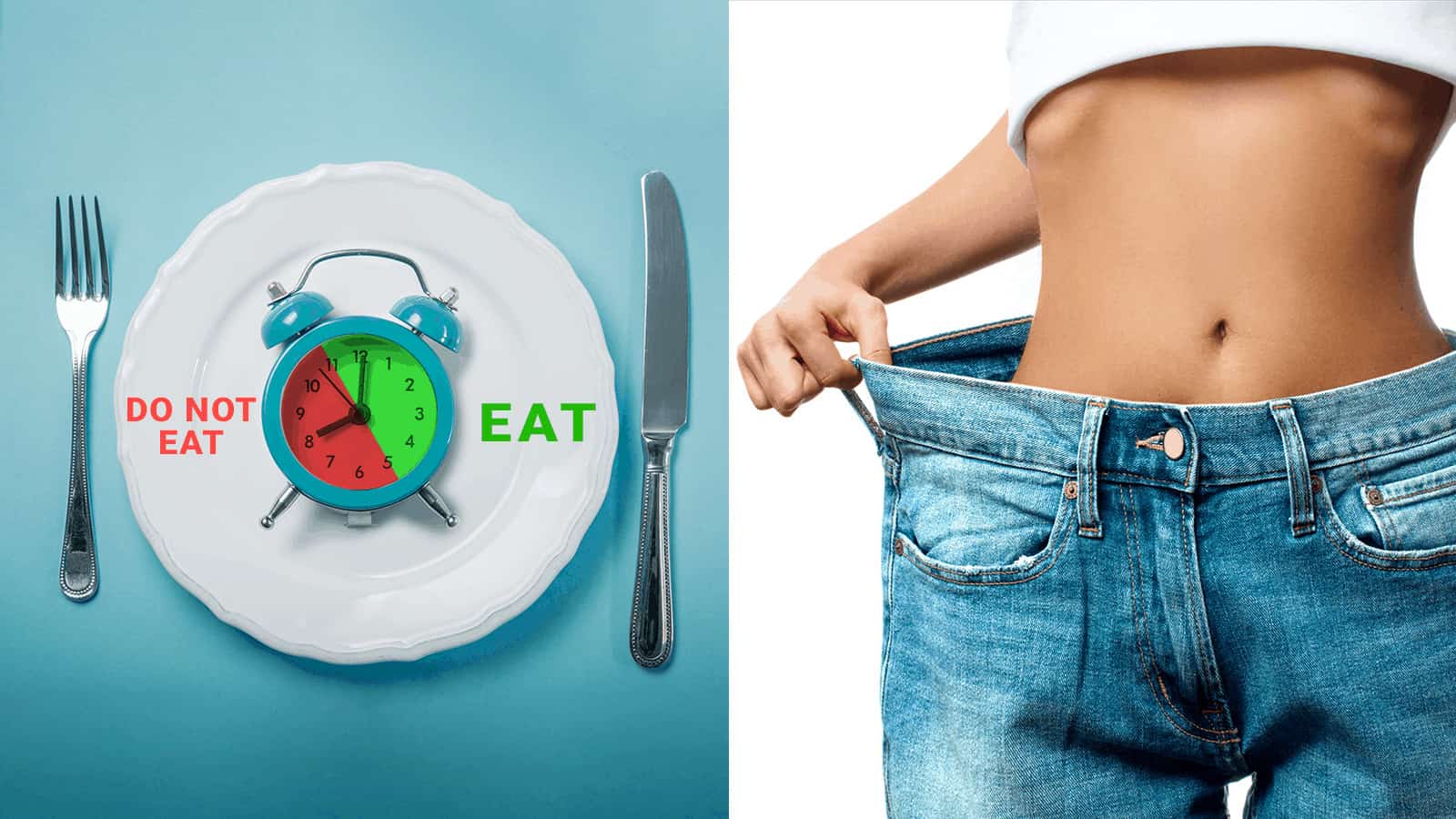As you continue to create a healthy lifestyle for you and your family, you’ve probably increased your water intake. Not only does water quench your thirst like nothing else, but our body requires it daily to live. While most drinking water is naturally fortified with minerals, it is usually odorless, tasteless, and calorie-free.
Nothing quite evokes our primordial senses like water. Since the earliest records of civilization, it’s been revered as the giver of life with mystical properties. Ancients recognized its sustenance for all living things and were in awe of the vast oceans, rivers, lakes, and streams that they often deified.
Healthcare experts recommend that we drink at least six to eight glasses of water each day. Unfortunately, many Americans would rather sip on sugary soda, juice, coffee, and other beverages. While you may be hooked to the taste, these liquids don’t hydrate your body as plain water does.
Since scientists claim that our bodies are at least 60 percent water, our eternal affinity to it makes sense. You can survive long periods without food but will die within days from lack of water. It is responsible for a plethora of vital functions in your body.
The Popularity of Water Fasting
Water fasting for spiritual purposes is as old as civilization itself. Most cultures throughout history promoted periodic fasting for religious enlightenment or penance. Although it was mainly a norm for monastic life, water fasting was often practiced among the average person in the culture.
This fasting practice has ebbed and flowed throughout history to modern times like the tides of the sea. A few decades ago, it was often associated with pious churchgoers and hippies. Once again, fasting with water has garnered attention for weight loss and controlling blood sugar levels.
What is a Water Fast?
While each plan may differ slightly, the basic premise is replacing food with water. Some plans suggest that you replace at least two meals a day with water and others say you can’t eat at all during the fast. You’ll notice that fasting periods will vary, from one day to as many as 40 days.
There are also debates concerning water additives for extra vitamins or flavor. Many water fasting plans allow you to flavor your water with fresh lemon juice. Less strict ones often consider plain coffee, tea, and diet soda for their fasting regimen.
Is Water the Way to Go?
It’s worth noting that although you can reap benefits from water fasting, it is one of the riskiest diet kickoffs. Before you even consider trying one, have a detailed discussion with your professional healthcare provider. If it’s right for you, she can recommend a suitable timeframe and supervise your fasting efforts.
After your healthcare provider and you have chosen the fast and time frame right for you, you may ask about the benefits of drinking mineral water or adding a little lemon juice for flavor. If you feel suddenly ill while fasting, stop immediately and call your provider.
If you are serious about fasting from food and drinking only water for a short time, do some research. Regardless of the plan’s guidelines, water fasting isn’t something to start without trustworthy information and medical supervision. Here are some pros and cons that nutritionists suggest for you to consider.
Pros of Water Fasting
Depending on the scientific research you read, most can’t agree on the safety and supposed benefits of fasting with water. Every person is different and may have variable results. Additionally, some reports you read may be anecdotal and may not be backed with scientific evidence.
If you are feeling the benefits of this fast, resist the urge to go longer than your allotted time. You may lose any possible benefit, and your health can be compromised. These are some benefits you may see while you fast with water.
• May Help You Lose Weight
Many people who fast with water periodically report it helps their weight loss regimen. It makes sense that if you are only sipping water, you wouldn’t be consuming calories. So, you’ll probably see a lower number on the scales after your fasting period is complete.
While it may be the thing to encourage you to adopt a healthier eating lifestyle, these initial pounds you lost during a fast are deceptive. The few pounds you lose are usually from losing stored water in your system rather than from burning fat.
• May Help Prevent Type 2 Diabetes
Did you know that becoming insensitive to insulin is what causes Type 2 diabetes? Some research into this disease suggests that short-term fasting with water can lower your insulin insensitivity. With a healthy diet and fitness program, trying periodic water fasts may guard against diabetes and high blood sugar levels.
https://www.nih.gov/news-events/nih-research-matters/understanding-insulin-sensitivity-diabetes
• May Make You Less Prone to Disease
When you have free radicals floating around in your body, they can wreak havoc on your cells and make you susceptible to illness and disease. Evidence suggests that if you fast with water for a short time, it can help your body fight off these damaging free radicals.
You may also see a noticeable drop in your cholesterol and triglyceride levels, which are leading risks of cardiovascular disease and strokes. Fewer free radicals may also mean that your risk for certain cancers might be lower than usual.
• Might Help Hypertension
Have you been diagnosed with high blood pressure or borderline hypertension? You might see lower numbers on your blood pressure readings when you ingest only water for a short period. The water helps to flush your system, and you won’t be overdoing sodium.
Be on the safe side, monitor your blood pressure daily, and track your progress on paper. Never stop or alter the dosage of your blood pressure meds without medical advice. When your blood pressure normalizes, you may have more energy and fewer headaches.
• May Promote Healthy Cell Production
Did you know that your body is an amazing recycling machine? It takes the millions of body cells that die off each day and recycles them into new ones. Scientists believe this process also acts as a defense against diseases.
In laboratory tests, this cell recycling process seemed to be enhanced in animals who fasted periodically with water. These results may be promising to humans. However, testing is still in its preliminary stages, and no concrete evidence has been established.
Cons of Water Fasting
Almost every diet plan that may have benefits also carries some risks. Fasting with water isn’t for everyone and can be dangerous for some. After reading this plan’s pros, consider these cons that have been discussed by medical experts.
• You Might Become Dehydrated
If you are drinking nothing but water for a few hours or a couple of days, shouldn’t you be hydrated to the point of feeling bloated? Contrary to reason, water fast can dehydrate your system. Many foods you eat, especially fruit and vegetables, are also a major source of hydration.
• You May Become Malnourished
There’s no argument that humans must eat to survive. Your body needs the vital nutrients that food provides and can’t sustain only on water. Even after a day of fasting with water, some people may feel the effects of malnourishment.
• Your Diet May be Sabotaged
Even the strongest willed person probably daydreams of delicious foods while fasting on water. When you try this fast, you may count down the minutes until it’s finished. Going without food can make you obsess and give in to your cravings, resulting in food binges that are bad for your health.
• You May Get Water Intoxication
Yes, you can have too much of a good thing, including water. Did you know that your body can become weak and intoxicated when you drink too much water? This condition, called hyponatremia, is a possible risk from fasting with water.
Your professional healthcare provider will advise you not to exercise if you are fasting. Water alone can’t replace the electrolyte balance you lose while sweating during a workout. Hyponatremia can be a dangerous situation.
• Dangerous Blood Pressure Fluctuations
Although periodic water fasts may help hypertension, drinking an excess of water can drop your pressure too low, resulting in hypotension. Your blood pressure might experience dangerous fluctuations while standing or sitting down, so you need to be monitored closely by your healthcare provider.
• Look Out for the Fasting Blues
You know that feeling when you’ve gone without eating all day. The malaise can suddenly attack you and make you feel like you’re coming down with something. During a water fast, it’s common to experience brain fog, dizziness, and sick headaches.
If you are planning a short water fast, consider it when you are off work or school. You may feel too weak to focus. You also should exercise caution when driving or operating heavy machinery. If in doubt, don’t do it.
Final Thoughts on Deciding if a Water Fast Right for You?
Only your professional healthcare provider is qualified to consider if water fasting is right for you. With strict medical supervision, your benefits may outweigh the common risks. Talk to your provider about your medical history and list any medications or supplements you are taking.

















 Community
Community

